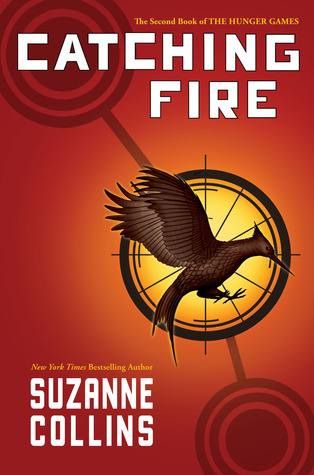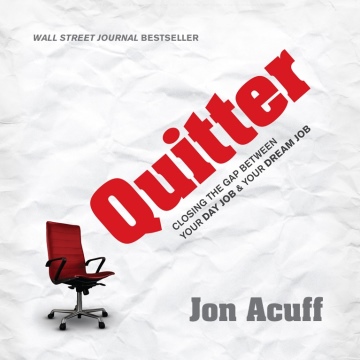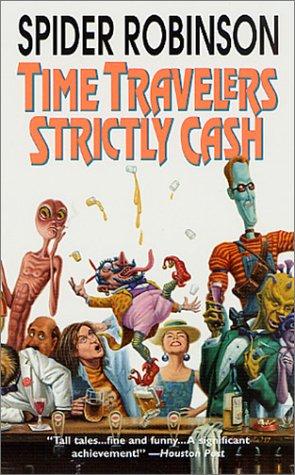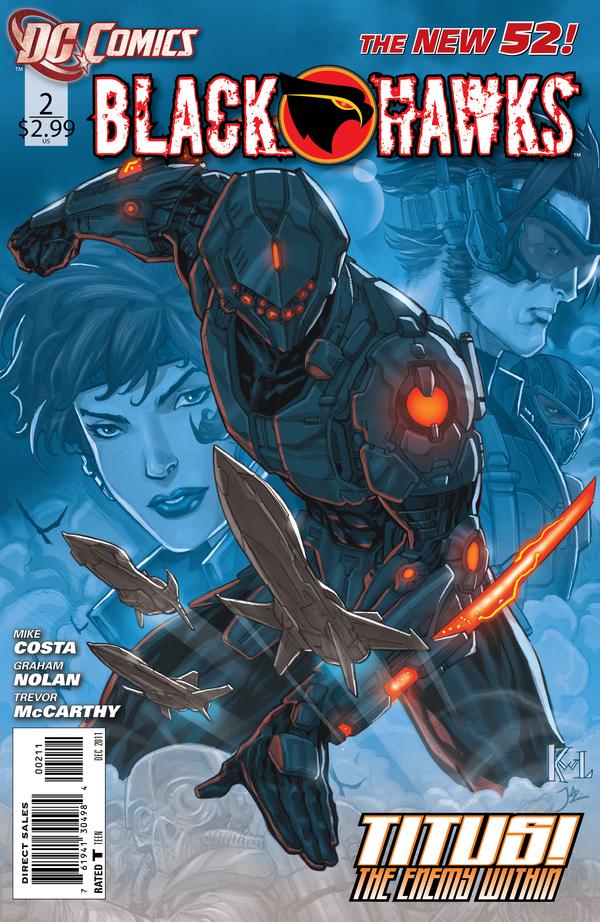There are many great comic book conventions taking place during the years and across the country, but the annual
Mega-Con in Orlando is one of the best-covered conventions out there. Two podcasts regularly attend and post episodes about the con, and 2013 was no exception.
Two True Freaks: Scott Gardner attended Mega-Con this year with his two sons. He produced a
special episode, with comic podcasting veteran
Michael Bailey. Scott was able to use his press pass to get into the show an hour early, enabling him to interview Boba Fett and Jimmy Palmiotti, among others. The episode runs nearly three hours, and is a very fun re-cap of the event, with Scott & Mike talking about the show and comic creators, with plenty of interviews from the convention mixed in.
Superman Fan Podcast: Every year, Billy Hogan departs from his usual coverage of Silver-Age Superman stories to present coverage of Mega-Con. He has been able to use his press credentials to record a range of panels from the Convention. Items that he posted as his multi-part "Episode 263" include:
Preview episode: Billy talking about the Con, and what he intends to do, and record.
Crime Noir Panel II: A terrific panel discussion, consisting of
Darwyn Cooke,
Jimmy Palmiotti, Justin Gray, Frank
Tieri and
Dave Johnson.
Giving Back to Fandom: Discussing Solestar, a comic whose proceeds go to charity.
Working on Licensed Comics: A large group of comic creators, including
Chuck Dixon.
Dean Cain: The Lois & Clark actor talking about the show, his life, and career.
Gail Simone: The
comics writer talking about her career, and current books.
Indie Comics: Talking about the good and bad (and ugly) of producing independent comics.
Kickstarter: Jimmy Palmiotti giving advice on how to crowd-fund comics projects.
Wrap up: Billy talking about his experiences at 2013 Mega-Con, including a chat with Bob McCleod.
Billy posted a range of panels from the 2012 Mega-Con, as well, as his multi-part episode 218.
 Just do the following:
Just do the following: 














